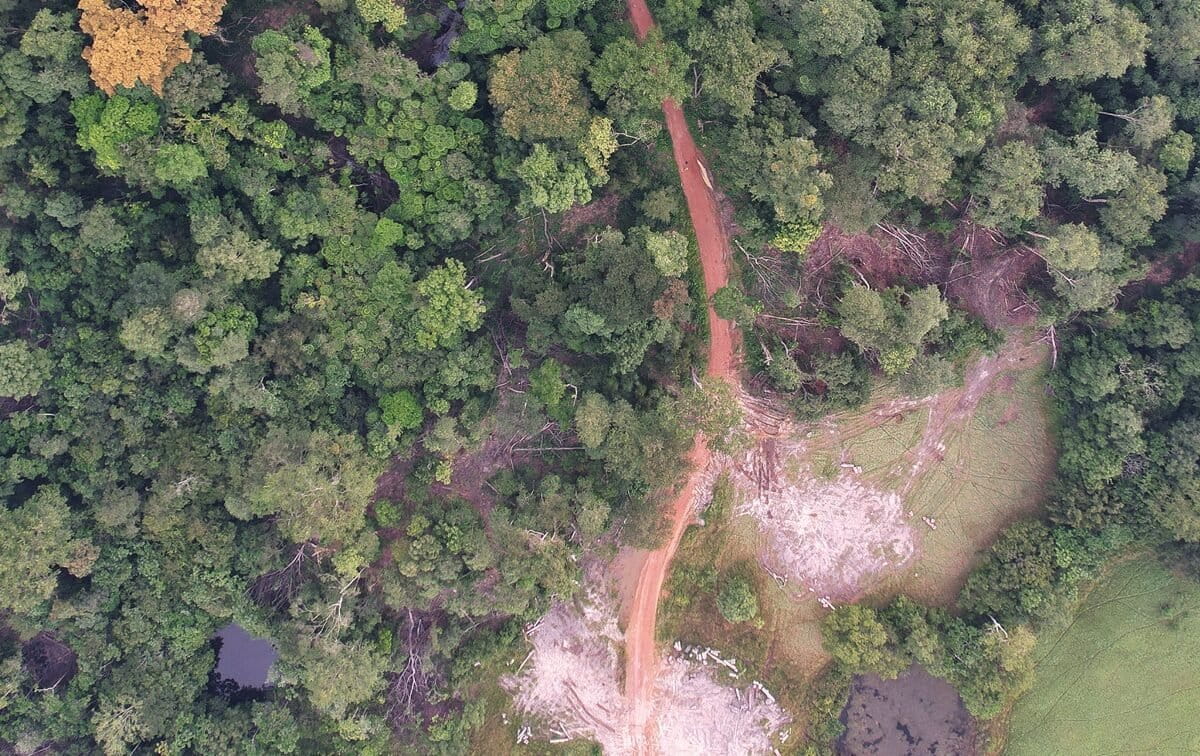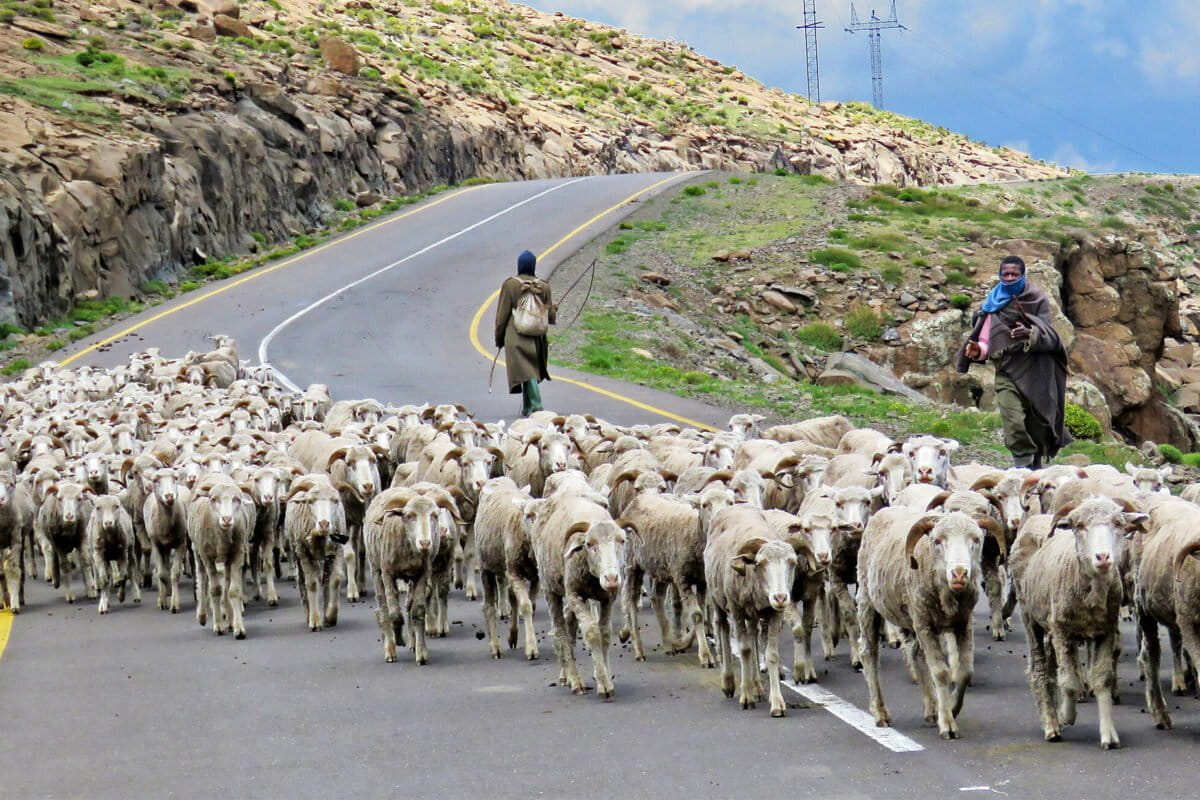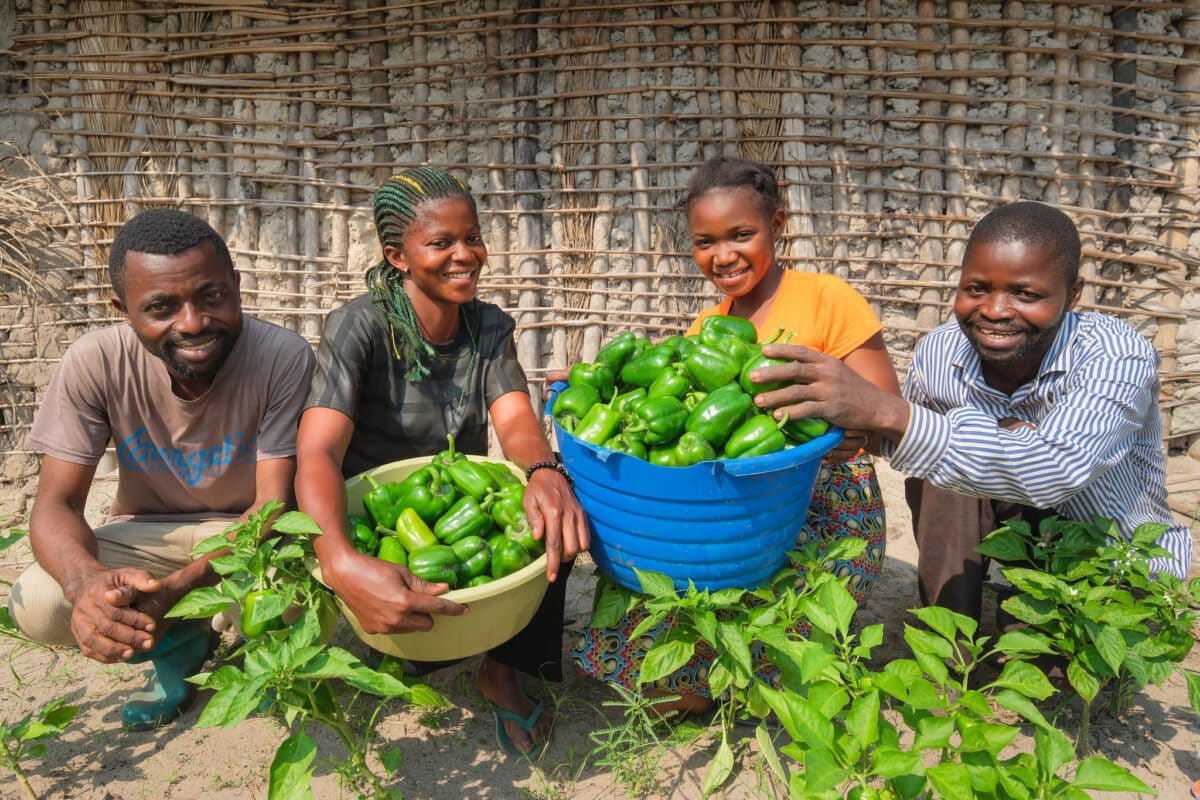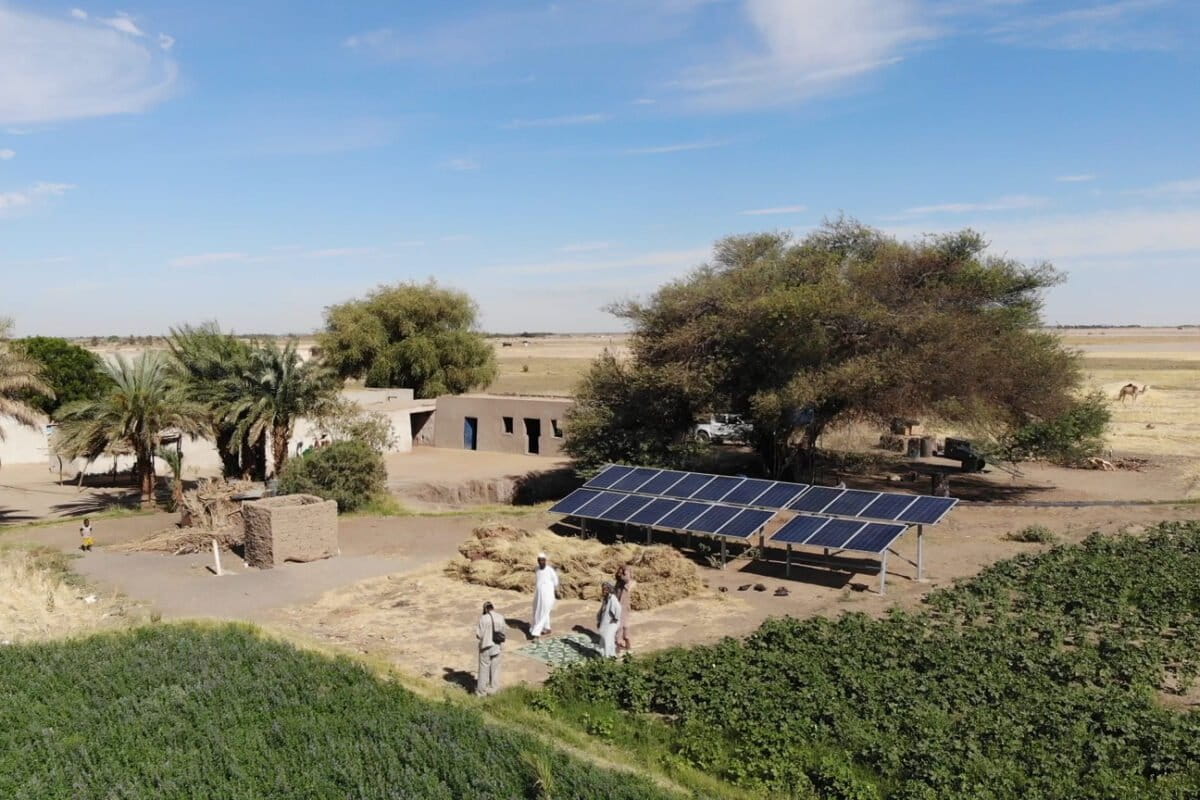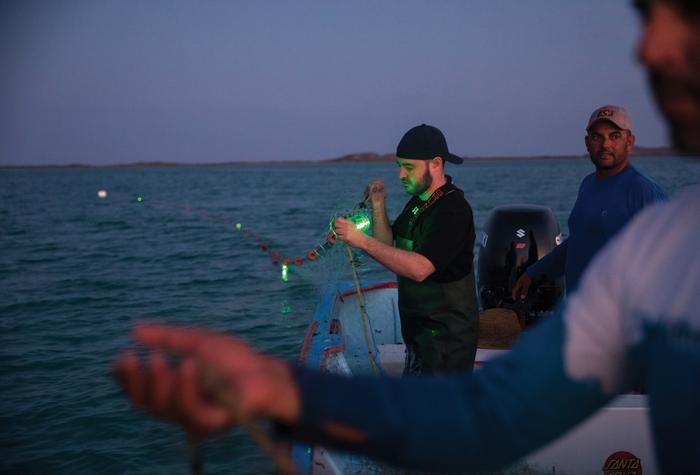- A letter signed by Indigenous leaders and environmental defenders from the Amazon, West Africa, Southeast Asia and elsewhere blasts BlackRock for failing to hold companies in its investment portfolio accountable for deforestation and land grabs.
- “While BlackRock makes pledges to ask portfolio companies to cut emissions in the future, our forests are being razed, our land is being stolen, and our people are being killed, today,” the letter said.
- Last week, BlackRock, the world’s largest asset manager, published new guidelines related to “natural capital” and human rights, but advocates said more action is needed.
- Earlier this month, BlackRock’s former head of sustainable investing said the company’s environmental practices amounted to “greenwashing.”
A group of 81 Indigenous leaders and environmental defenders from across the world have signed an open letter to BlackRock, saying the fund manager’s investments “continue to threaten our health, our security, and our very future.” BlackRock is the world’s largest asset manager, overseeing $8.7 trillion for its clients, which include pension funds, governments, and nonprofit organizations.
“Our challenge to BlackRock is clear,” said Eloy Terena, legal coordinator of the Articulation of Indigenous Peoples of Brazil (APIB). “Safeguard Indigenous peoples’ rights and eliminate deforestation and human rights violations from its portfolios.”
The letter comes a week after BlackRock published updated guidelines for how it plans to approach “natural capital” and human rights-related issues with companies in its portfolio. A consortium of environmental and Indigenous rights groups said the new guidelines had “some encouraging developments,” but criticized the investment giant for failing to detail any immediate concrete actions it would take against companies implicated in the destruction of rainforests or land grabbing.
“BlackRock has made repeated commitments to centering climate in its investment strategy, but there’s been a significant blind spot as it relates to their investment in deforestation and commodities,” said Gaurav Madan, senior forests and land campaigner at Friends of the Earth. “Namely, in how those investments impact Indigenous peoples and local communities.”
Last year, BlackRock made headlines when its politically influential CEO, Larry Fink, sent a letter to companies in its portfolio calling climate change the “defining factor” in their long-term profitability. Hailed as a breakthrough in climate-conscious investing, the letter was subsequently followed up with plans to press companies to reduce the carbon footprint of their operations.
But activists said the new approach had a glaring loophole. While promising to wean itself off coal and fossil fuel emissions, BlackRock didn’t include deforestation and its impact on Indigenous livelihoods and the climate as part of those plans. In a report released in September, Friends of the Earth detailed how BlackRock had voted against shareholder resolutions related to deforestation 16 times since 2012, including once in 2020.
In their letter, Indigenous leaders from the Amazon, West Africa, Southeast Asia and elsewhere said the omission was contributing to an epidemic of violence against environmental activists and the conversion of their traditional lands to plantations and cattle pastures.
“We would like to think that your concern about social responsibility includes respecting the fundamental human rights, land rights, and livelihoods of communities, like ours, that stand on the frontlines of the climate crisis,” they wrote.
Among the companies in BlackRock’s investment portfolio are the agricultural commodity trader Archer-Daniels-Midland, Brazilian meatpacking giant JBS, and Golden Agri-Resources, a Singapore-based palm oil producer, all three of which have been linked to violations of Indigenous land rights or the destruction of forests in recent years. BlackRock also holds more than $300 million worth of shares in Bunge, which was fined by the Brazilian government in 2018 for buying soybeans connected to illegal deforestation in the Cerrado region.
Last month, a company controlled by GAR was found to have bulldozed protected forests while violating community land rights in a plantation it operates in Liberia. Alfred Brownell, a Liberian community rights advocate and winner of the 2019 Goldman Environmental Prize, told Mongabay that he signed the letter to send a message to BlackRock that it needs to do more to actively hold GAR and other companies it invests in accountable for their operations.
“BlackRock cannot pretend to be an uninterested spectator as it uses its trillion-dollars portfolio to unleash destruction upon the planet,” he said.

In its newly published guidelines, BlackRock said it would request that companies in its portfolio disclose their plans to address deforestation and ask them to “implement processes to identify, manage, and prevent adverse human rights impacts.” In some cases, it said it would consider voting against the re-election of board members, but emphasized that it does “not tell management what to do.”
Terena said the new commitments were vague and fell short of the immediate action needed to safeguard Indigenous land rights and protect environmental defenders from violence.
“Despite its latest announcement on ‘natural capital,’ BlackRock does not have a concrete policy in place to handle investments that impact Indigenous peoples and our territories, and it has not pledged to pressure companies to end deforestation in the Amazon,” he said.
Blackrock did not respond to a request for comment by Mongabay.
The letter is the latest blow to BlackRock’s nascent reputation as a leader in socially conscious finance. Earlier this month, the company’s former chief investment officer for sustainable investing, Tariq Fancy, published an op-ed in USA Today calling Wall Street’s move toward pro-environment practices “greenwashing.”
“In truth, sustainable investing boils down to little more than marketing hype, PR spin and disingenuous promises from the investment community,” he wrote.
Much of the assets under management by BlackRock are tied up in “passive investment” index funds, which pool an array of companies selected by third-party analysts together into one package. In an interview earlier this year, Fink said this model makes it nearly impossible for BlackRock to divest from specific companies if they’re included in one of the funds. But researchers say that doesn’t mean they can’t effectively pressure those companies to adopt stricter standards on forests and land rights.
“By no means does the passive investment model give BlackRock and other asset managers of passively-managed products less influence or a free pass on active ownership,” said Giulia Christianson, head of sustainable investing at the World Resources Institute. “The firm owns more than 5 percent of the shares in the majority of public companies — an amount that could make or break a Board director election or a shareholder resolution, including those focused on preventing deforestation and violating indigenous rights.”
Terena said grandiose pronouncements about sustainable investing might sound good, but until they lead to real change on the ground, they’re just words.
“There is a big gap between having policies on deforestation and Indigenous rights and actually implementing them on projects,” he said.
Banner image: Eloy Terena, legal coordinator of the Articulation of Indigenous Peoples of Brazil (APIB). Image courtesy of Amazon Watch.



